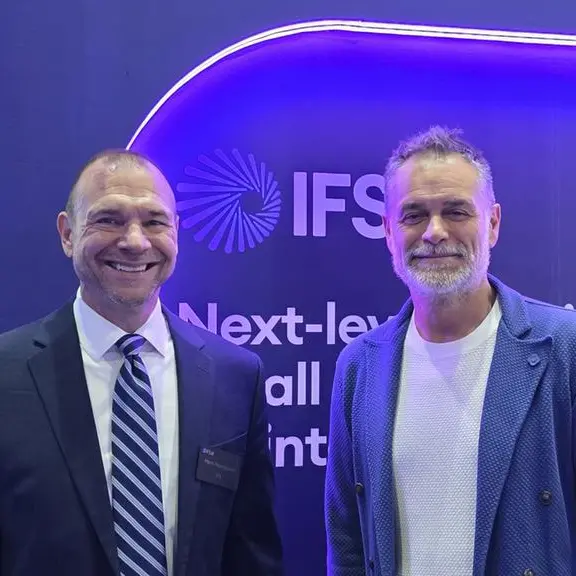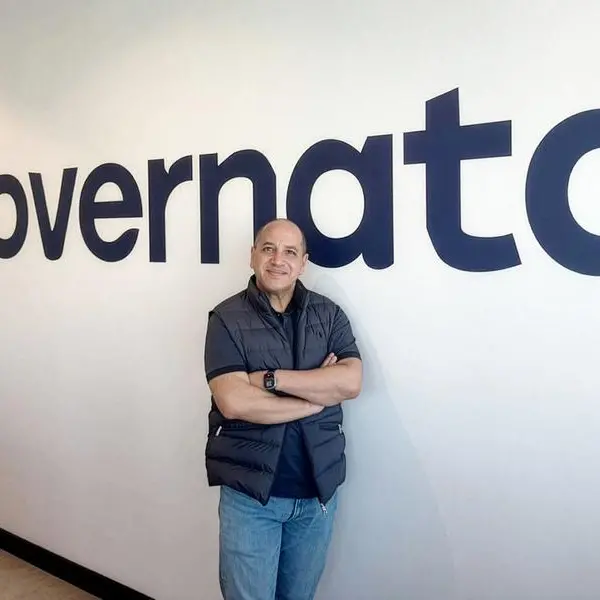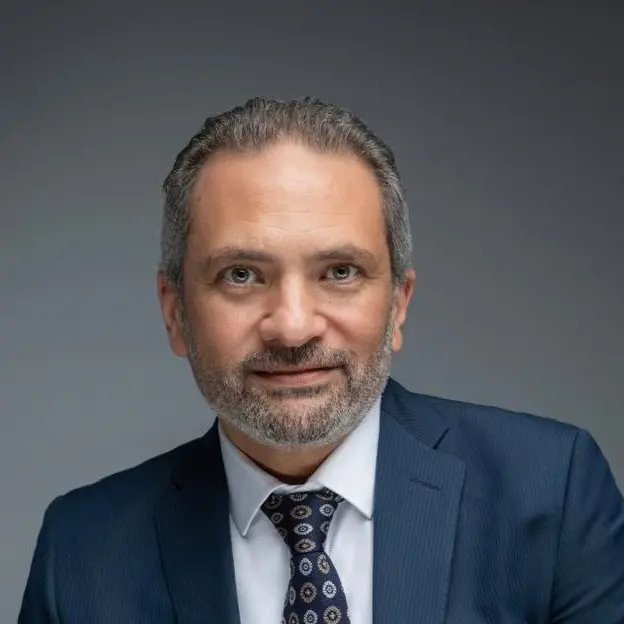With a rapidly expanding economy and a diversity of natural resources, Côte d’Ivoire is primed to benefit from a revolution in energy generation projects in Sub-Saharan Africa. Most of their primary energy demand at present is covered by local oil refinery supplies and domestic gas production, and, while the country is known more for oil refining rather than as a producer, it does boast a burgeoning upstream oil industry.
Lead by Hon. Thomas CAMARA, Minister of Mines, Petroleum and Energy, a delegation of upstream and energy stakeholders will be attending Africa Oil Week in Dubai this coming November to showcase Côte d’Ivoire’s oil, gas and energy opportunities to an in-person audience of international operators and investors. Representatives from the Direction Générale des Hydrocarbures (DGH) said: “we couldn’t be more excited to be a part of the event powering the future for the Africa upstream.”
According to the International Energy Agency’s (IEA) 2019 Outlook, the country is aiming to increase electricity generation to 5,520 MW by 2030 and connect all localities to the national grid by 2024. These targets could help kickstart a booming economy with significant contributions from the private sector. Rapid industrialisation has the potential to yield an economy that is five-times larger, but with an energy efficiency level that requires only twice as much energy.
Oil may prove to be a contributing factor to the energy mix in Côte d’Ivoire in the immediate future. Rising passenger car stocks and declining production are leading to expanding important requirements for oil, while electricity demand is leading an uptick in growth in the gas market.
In September, the Italian energy group Eni announced they had made an oil discovery offshore which could hold as much as two billion barrels of oil. Block CI-101, where the discovery was made, is operated by Eni with the national oil company, Petroci Holding as partner.
Guido Brusco, Upstream Director for Eni, will attend Africa Oil Week, where delegates will no doubt hope to hear more news about the discovery, the beginning shift of Eni from its traditional energy portfolio towards greener solutions and its ambitious target to cut emissions to net-zero by 2050, with expansion of its renewable energy generation and biofuel capabilities.
Crucially, the discovery also found up to 2.4 trillion cubic feet of associated gas. Natural gas has a key role to play in electricity generation in the country and promoting its use could see its share of the energy mix rise drastically.
As well as leading a showcase about the energy landscape in Côte d’Ivoire, Hon. Thomas CAMARA will also take part in two strategic ministerial panels.
The first panel will discuss energy transition policies for changing landscapes and stimulating national economic growth and investment. We are all aware that the energy transition will have a huge impact on the national economic growth of traditional hydrocarbon producers, and so the panel will debate the renewed pressure put on fossil fuel-dependent African governments to improve their fiscal and regulatory terms and explore new industries or policies to diversify their economies. This will include fiscal policies such as tax incentives, oil subsidies, investor protection and price setting mechanisms, as well as how to navigate the risk of stranded assets, transparency initiatives, and having the flexibility to respond to fluctuation in market conditions.
Côte d’Ivoire will also have representation at the West African ministerial panel, alongside members from Ghana, The Gambia, Gabon and Cameroon.
The IEA’s 2019 Outlook estimates that energy investment in Côte d’Ivoire will amount to $33 billion through to 2040, with spending on electricity networks representing 40 per cent of the total. Their ‘Africa Case’ solution requires investment to increase by a further 80 per cent, with more emphasis on gas-related spending – both upstream and in generation – renewables and electricity networks.
With policy opportunities available to increase production of natural gas and prioritising energy efficiency to make the most available resources, the stage is set for Côte d’Ivoire to take a lead in exhibiting the energy economy of the future in Sub-Saharan Africa.
Discover the potential Côte d’Ivoire holds in the future of the African oil and gas sector at the 2021 Africa Oil Week from 8-11 November 2021. This year’s event will be insightful as it is inspiring.
Distributed by APO Group on behalf of Africa Oil Week.For further information or to request an interview, please contact:
On behalf of Africa Oil Week
Dr Alex Mswaka
Email: alex.mswaka@hyve.group
© Press Release 2021
Disclaimer: The contents of this press release was provided from an external third party provider. This website is not responsible for, and does not control, such external content. This content is provided on an “as is” and “as available” basis and has not been edited in any way. Neither this website nor our affiliates guarantee the accuracy of or endorse the views or opinions expressed in this press release.
The press release is provided for informational purposes only. The content does not provide tax, legal or investment advice or opinion regarding the suitability, value or profitability of any particular security, portfolio or investment strategy. Neither this website nor our affiliates shall be liable for any errors or inaccuracies in the content, or for any actions taken by you in reliance thereon. You expressly agree that your use of the information within this article is at your sole risk.
To the fullest extent permitted by applicable law, this website, its parent company, its subsidiaries, its affiliates and the respective shareholders, directors, officers, employees, agents, advertisers, content providers and licensors will not be liable (jointly or severally) to you for any direct, indirect, consequential, special, incidental, punitive or exemplary damages, including without limitation, lost profits, lost savings and lost revenues, whether in negligence, tort, contract or any other theory of liability, even if the parties have been advised of the possibility or could have foreseen any such damages.



















